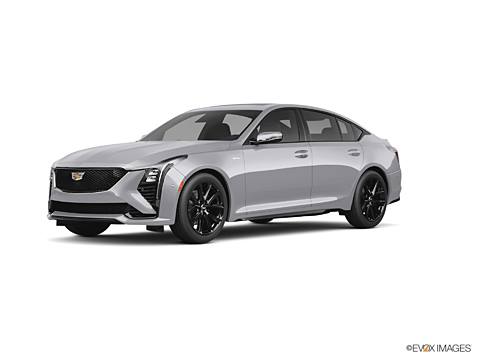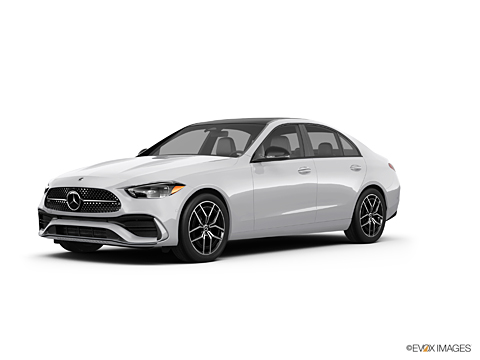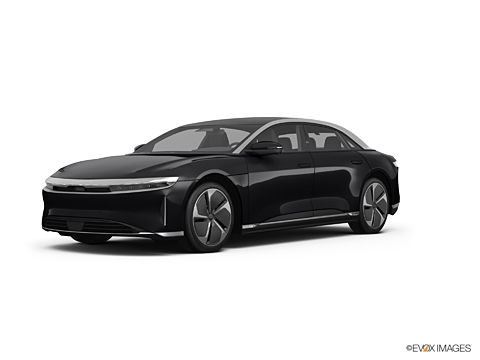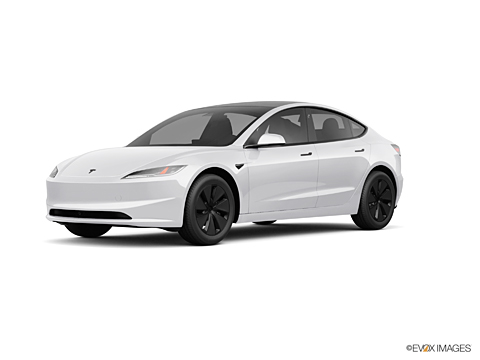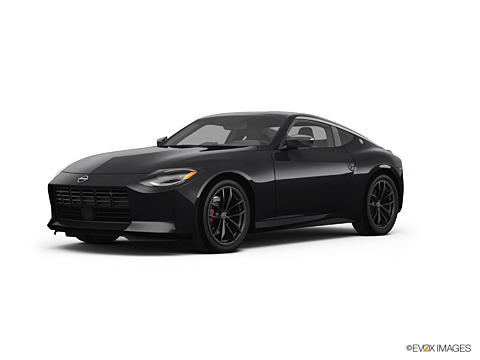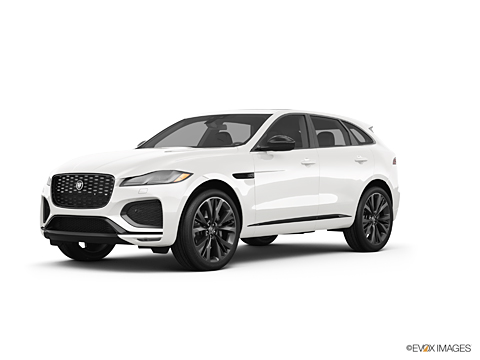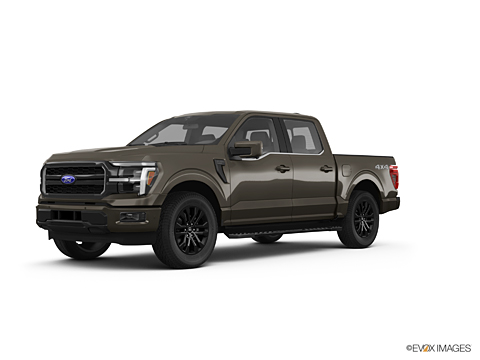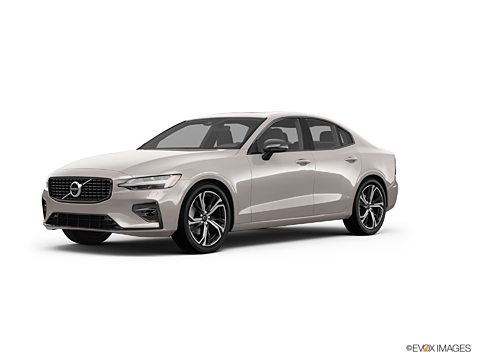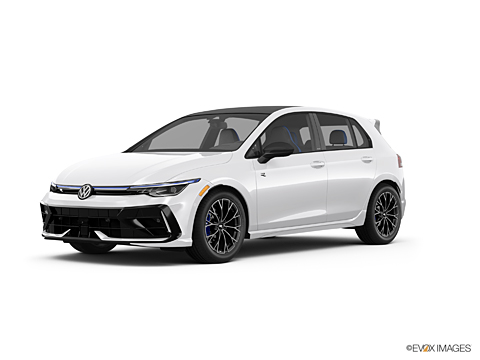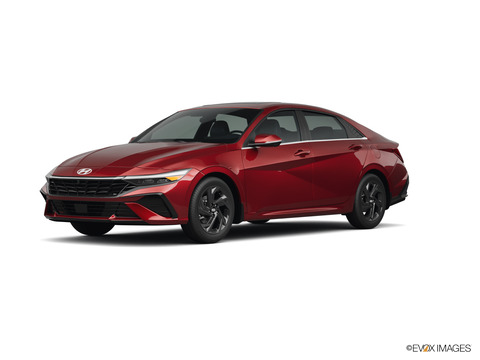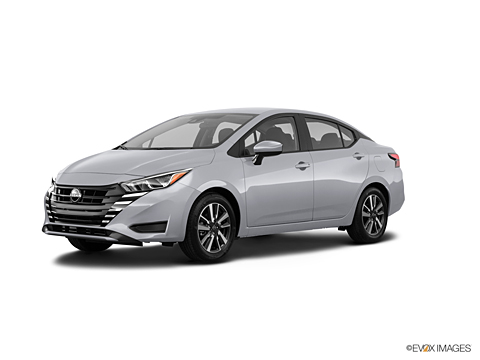
Best Performance Sedans for 2026
These are the best performance sedans based on iSeeCars' analysis of each vehicle's power to weight ratio
The best performance small and compact car is the Honda Civic (hatchback) (9.9 weight-to-horsepower ratio), with the Dodge Charger being the best performance large car (8.8 weight-to-horsepower ratio). The Lucid Air ranks #1 for the best performance electric cars (4.3 weight-to-horsepower ratio).
Sedans are not as popular as they used to be, but they are still widely available and provide an excellent starting point for enhanced driving experiences. A sedan blends a relatively lightweight chassis with a low center of gravity (compared to an SUV), which supports quick acceleration, confident braking, and sporty handling when simple upgrades to the powertrain, braking, and suspension components are applied.
This is why so many automakers offer sport sedan versions of their mainstream, four-door models. The combination of sports-car-like acceleration and handling, combined with the practicality of a functional back seat and trunk (or hatchback), makes performance sedans a compelling proposition for enthusiast drivers.
The best sport sedans will also have an excellent power-to-weight ratio, which is a measure of how much peak horsepower a vehicle offers and how much weight that power has to move around. While both horsepower and weight play a role in vehicle dynamics, it’s really the combination of both that decides how a sedan performs.
Additional factors, including drivetrain layout (front-wheel drive, rear-wheel drive, or all-wheel drive), transmission choice (automatic or manual transmission), and engine design (four-cylinder, V6, or V8 engine, twin turbo or supercharged) also play a critical role in any performance car’s capabilities. Consider a vehicle’s power-to-weight ratio, along with its horsepower, torque, and curb weight specs, when researching your next purchase.
iSeeCars has identified the best performance sedans and grouped them by size below. Within each sedan category are model rankings based on power-to-weight ratio. Vehicles with nearly identical power-to-weight ratios (within 0.1 pound per horsepower of each other) are considered a tie, with the lighter vehicle being ranked above the heavier vehicle.
The curb weight of new cars has increased in recent years due to the addition of automotive safety and technology features, but weight remains the enemy of performance. While that larger infotainment screen, adaptive air suspension, and quattro AWD system all improve the driving experience, they also add hundreds of pounds. And remember, this increased weight not only impacts performance but also fuel efficiency.
Buyers seeking a luxury sedan from brands like Audi, BMW, Cadillac, Lexus, and Mercedes Benz will find them in the luxury car segments below. The best power-to-weight ratios will usually be found in the performance trims of each model, so expect the Alfa Romeo Giulia Quadrifoglio, Audi RS 7, and BMW M5 to consistently outrank the standard Giulia, A7, and 5 Series.
Mainstream models like full-size American Dodge Charger muscle car, midsize Kia Stinger, and compact Honda Civic Si and Hyundai Elantra N are also listed in their respective categories. Enthusiasts seeking a six-speed manual transmission will be limited to only a few choices, including the Acura Integra, BMW M3, Cadillac CT4-V Blackwing, Cadillac CT5-V Blackwing, Honda Civic Type R, Toyota GR Corolla, Subaru WRX, and Volkswagen Golf GTI. Electric performance sedans like Porsche Taycan and Tesla Model S are also listed below. For each model you can read about its new and used car price, and its mpg (or range) specs.

How We Rank These Cars
The best performance cars rank vehicles by their weight-to-horsepower ratio.
The weight-to-horsepower ratio is calculated based on a vehicle's curb weight and horsepower at the trim level - the less weight one horsepower has to pull, the better performance a vehicle can provide. For cars with a ratio within 0.1 of each other, lighter vehicles always have the advantage in performance and are ranked to reflect that. For each vehicle, we also show the iSeeCars Score which rates the overall quality of a vehicle.
The iSeeCars Score is an analysis of three factors: reliability, resale value and safety. It is calculated based on the latest research and analysis by our data science team. The data analysis comes from over 12 million new and used vehicles in our Longest-Lasting Cars and 5-Year Depreciation Studies, combined with NHTSA and IIHS Safety Ratings.
Vehicles are scored in three categories:

Reliability
The reliability score represents an analysis of iSeeCars' proprietary research on the longest-lasting vehicles.

Value Retention
The value retention score is based on our data science team's statistical analysis and prediction of 5-year depreciation from MSRP to determine which cars hold their value best, using US Bureau of Labor Statistics data to adjust for inflation.

Safety
The safety score is calculated based on the last five years of crash test ratings from the National Highway Traffic Safety Administration (NHTSA) and incorporates the latest Top Safety Pick information from the Insurance Institute for Highway Safety (IIHS).



